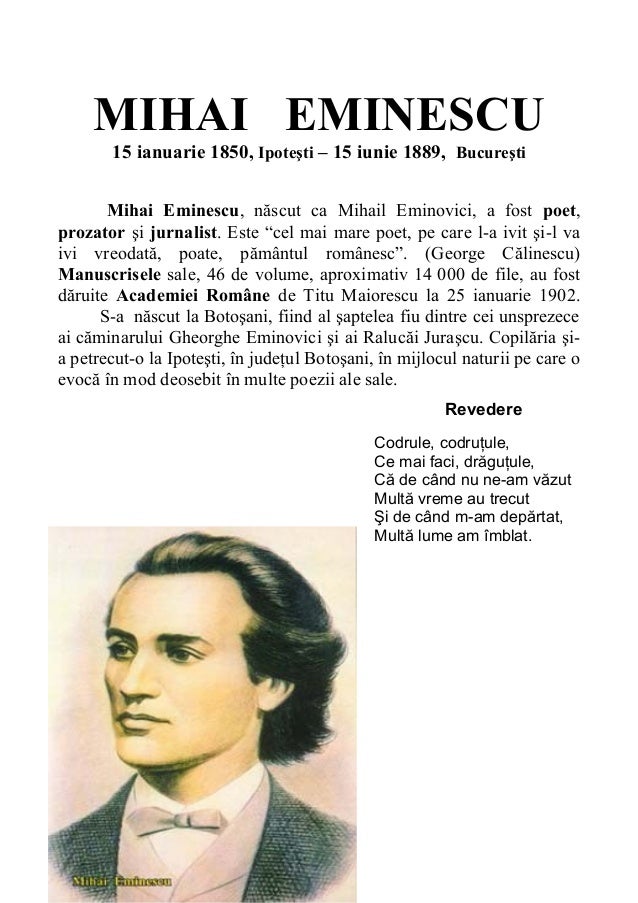
As a research method, this article employs Beckett’s core image of Endgame (since the outset, the protagonist experiences a state of physical immobility, but he keeps awake his mental mobility – an inner vision – in spite of the landscape and his own view) to question the existing concepts of mental disorder related to the embodied subject (i.e. Therefore, the aim of this article focuses on the examination of “embodiment” within current Beckett studies which may potentially contribute to enlarge the relatively new field of cognitive neuroscience by highlighting the overlapping of literary theory and the transgressive field of consciousness studies as well as to establish a more profound cooperation between literary and theatrical critics on one hand and clinicians, psychiatrists and neuroscientists on the other hand.

In this respect, the hypothesis of this article advocates the ambiguous conscious being of Beckett’s absurd plays, which, in Endgame, is made visible in its way of ‘being-for-itself’. This article tackles a “phenomenological” reading of Samuel Beckett’s Endgame drama which eludes the “absurdist” label and renders a plausible case for investigating the antagonistic, (dis)embodied voices of Merleau-Ponty’s phenomenology of perception and Sartrean “embodied” existence (‘being-in-itself’).

Keywords: moral theory, ethics, „epistemological ethics” conceptual innovation, value, man, person, Roberto Poli. In the light of this new debate, Roberto Poli's perspective on the need to return to “ontological neglect”, “methodological primitivism” and “ignorance of our own roots” continues our present research and interrogations and reveals new coordinates of knowledge and understanding. The entire content of this concept is a theoretical link between epistemic and ethical justification, in terms of mind–body ratio, brought into a unified approach of humanity and knowledge. This idea is in relation with the concept of “epistemological ethics”, that we propose to the scientific community for validation. However, this method requires ethical conceptual clarification on which to build the architecture of knowledge. The meaning of ethical values has been extended and gained various linguistic forms and understandings, basically because the value dimension is not founded on an ethical methodology. In relation to ethics, current theories and guidelines are often mentioned, which, in fact, shows the lack of an epistemological founded ethical apparatus, in the absence of which, moral judgment loses its prime reason, namely valuing the ethical man – as a person.


 0 kommentar(er)
0 kommentar(er)
